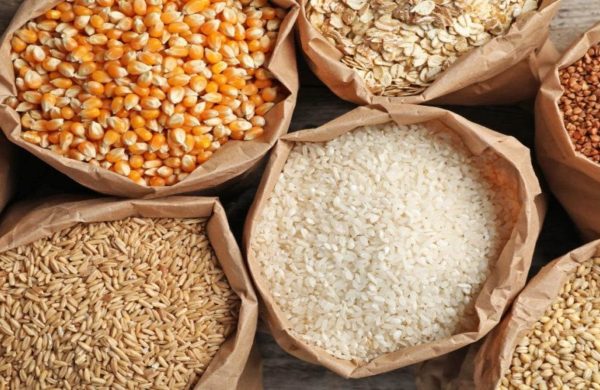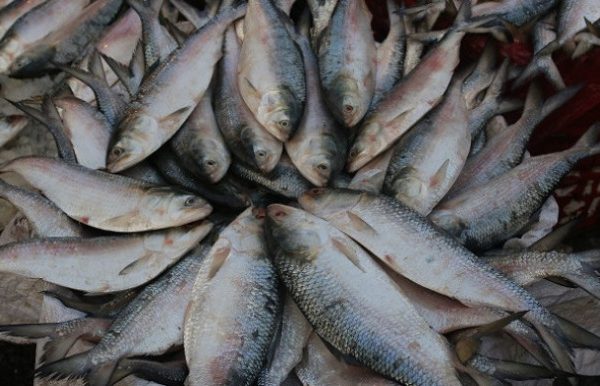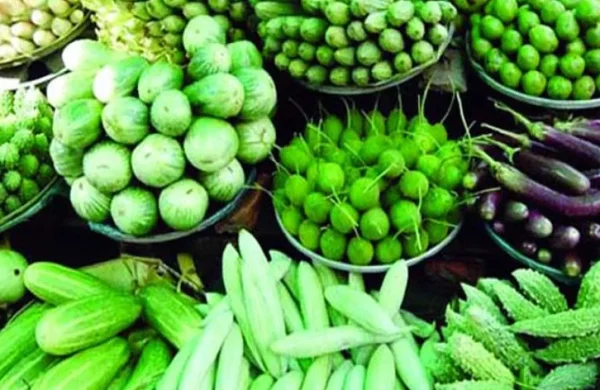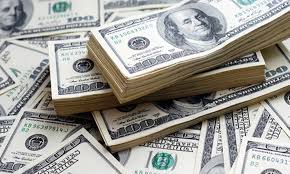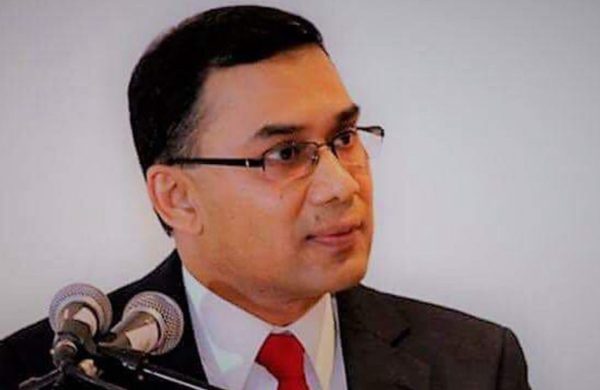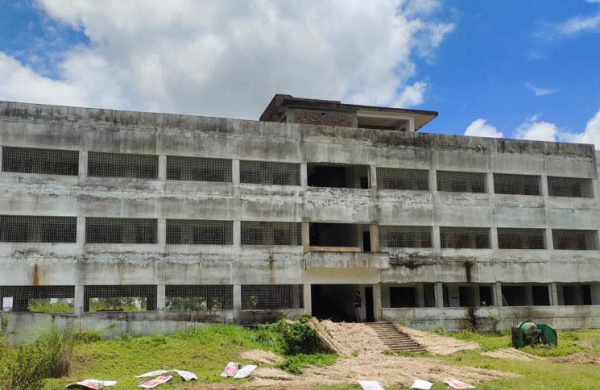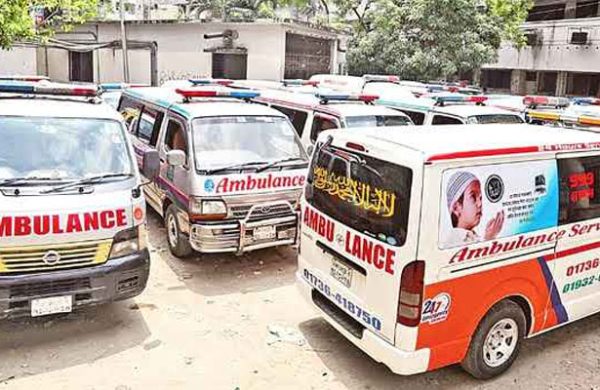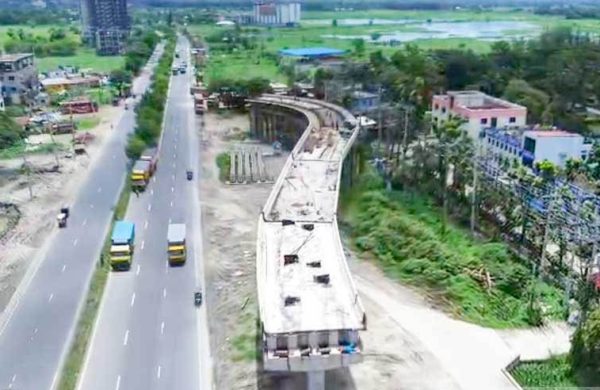Govt’s fiscal deficit exceeds Tk 1.0t in 11 months of FY’25
- Update Time : Saturday, August 30, 2025

TDS Desk:
The government’s fiscal deficit during the first 11 months of the fiscal year (FY) 2024-25 exceeded Tk 1.0 trillion, driven largely by higher operating costs that include increased food imports.
The amount was 42 per-cent up from that of the corresponding period of the previous fiscal, according to official data.
The government’s total borrowing during the July-May period of the last fiscal year stood at about Tk 1.06 trillion, the Finance Division data revealed.
During the period under review, the government’s total expenditures –both operating and development–were recorded at Tk 4.922 trillion.
The operating expenses alone amounted to Tk 3.928 trillion during the mentioned period, reflecting nearly 21.52 per cent up from the matching period of the previous fiscal.
On the other hand, the amount of revenue, generated during the first 11 months of FY ’25, was Tk 3.868 trillion, marking nearly 10 per cent rise over the same period the earlier fiscal.
Imports of foods including rice marked a significant rise during the period as the country faced three consecutive floods.
The country’s food import costs during the July-May period of FY ’25 were 86 per cent higher than that of the same period a year earlier.
People familiar with the development told journalist that the fiscal deficit could have been even higher than that without steady inflows of foreign grants.
Bangladesh received foreign grants amounting to Tk 34.37 billion – roughly the same as the amount a year earlier, according to them.
They, however, cautioned that with the release of additional funds in June– which is the last month of the fiscal– the actual fiscal deficit might climb up further.
Of the total fiscal deficit, Tk 916.76 billion was financed from the domestic sources, mostly through borrowing from banks, while Tk 145.71 billion came from external or foreign sources.
Of the operating expenses, subsidies, incentives and current transfer stood at Tk 1.78 trillion, followed by payment of interest amounting to Tk 1.13 trillion.
However, officials at the Finance Division told journalist that the government’s operating expenses would go up further as the government started implementing a dearness allowances for the public servants including pensioners.
The government is implementing the dearness allowance from July 01, 2025, with grades 1-9 employees receiving a 15 per cent DA and grades 10-20 employees a 20 per cent.
This new allowance will replace the existing 5.0 per cent special incentive and is intended to contribute to the cost of living and inflation.
The allowances are expected to cost the government nearly Tk70 billion annually.
However, the National Board of Revenue (NBR) collected revenue to the tune of Tk 3.257 trillion during the period under review while the collections of non-NBR tax stood at Tk 73.18 billion.
On the other hand, the amount of non-tax revenue or dividend, profits, administrative fees and charges stood at Tk 530.45 billion.




